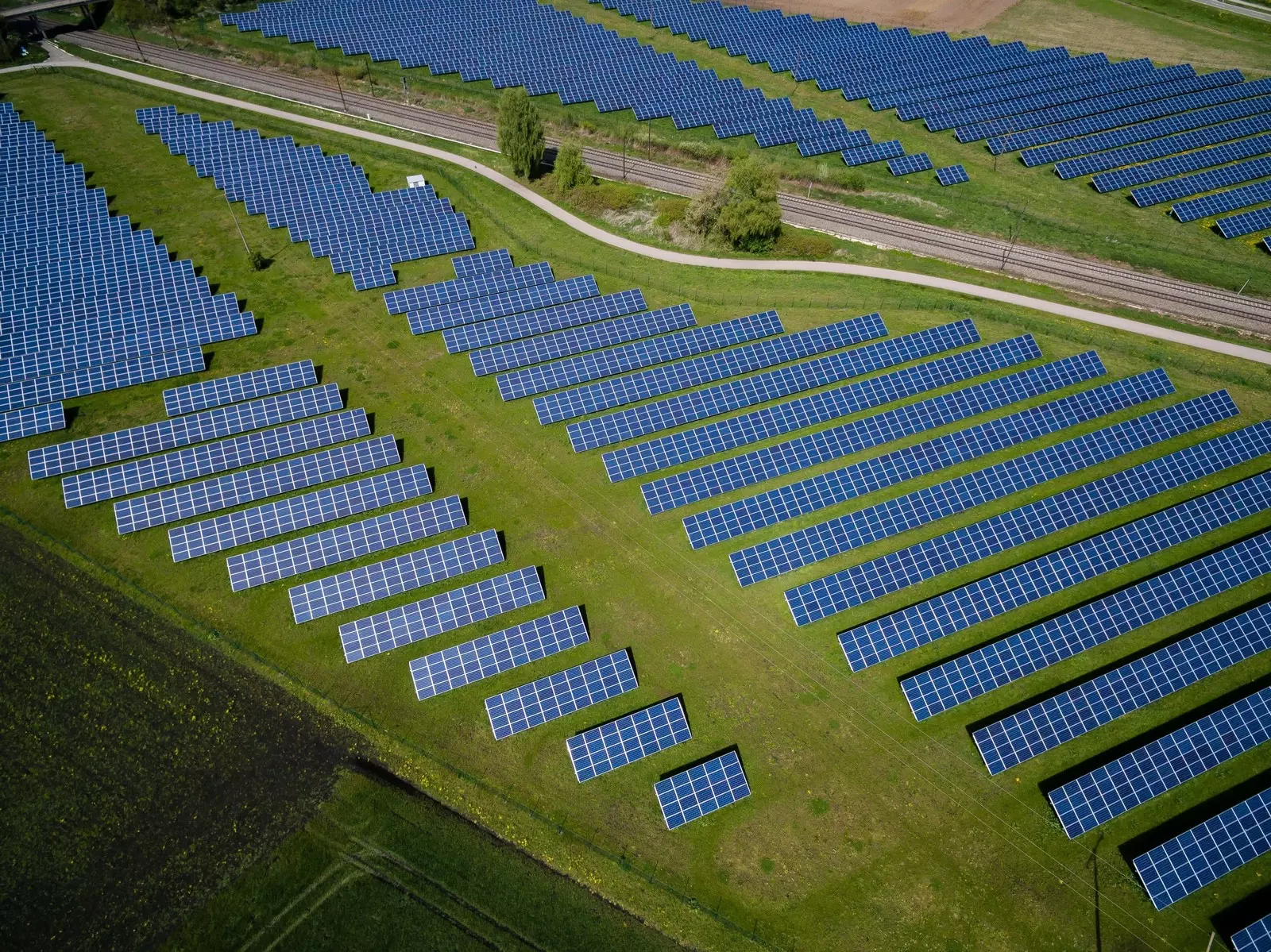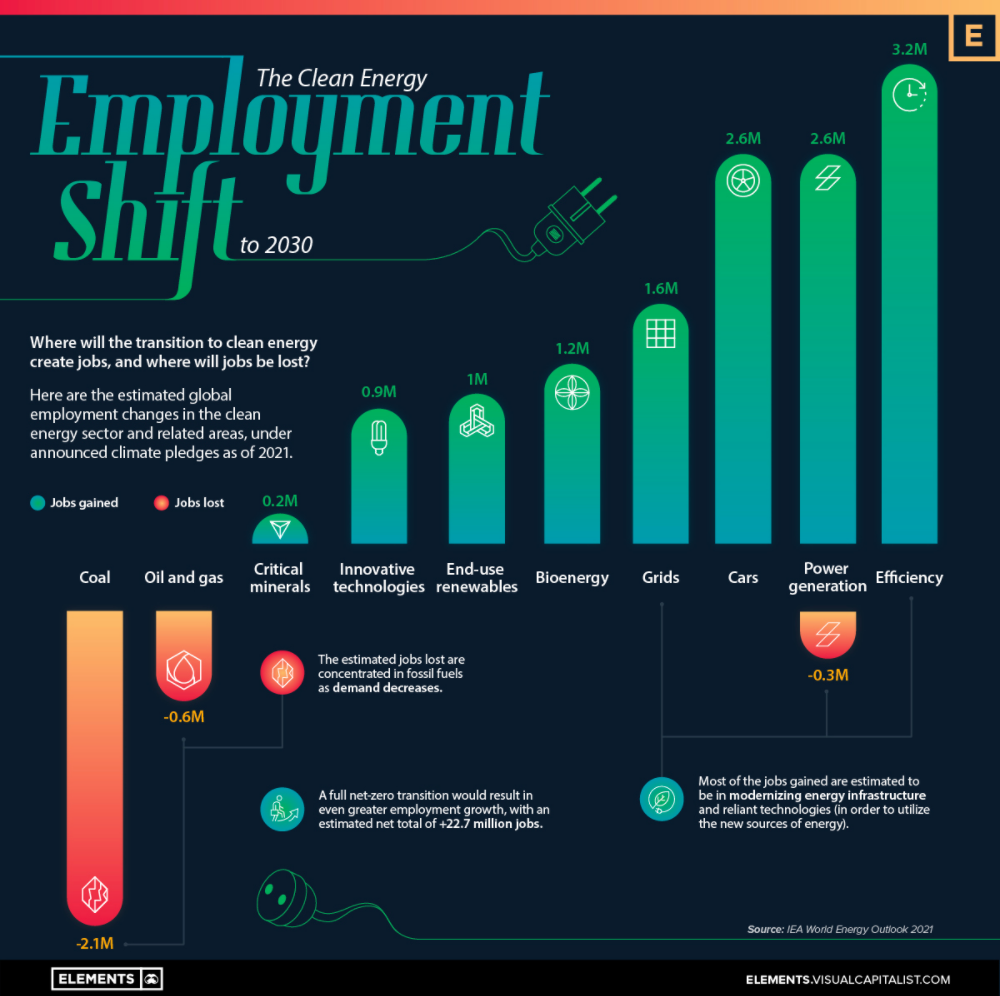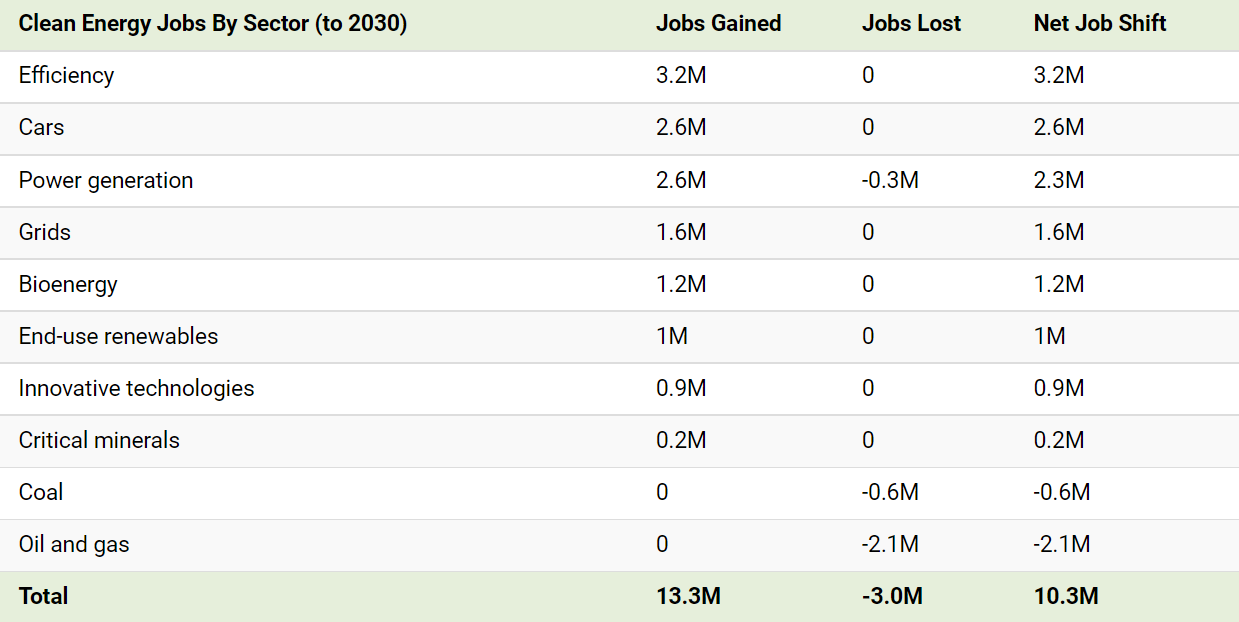Record ocean temperatures put Earth in ‘uncharted territory’, say scientists
‘Unprecedented’ warming indicates climate crisis is taking place before our eyes, experts say
Temperatures in the world’s oceans have broken fresh records, testing new highs for more than a month in an “unprecedented” run that has led to scientists stating the Earth has reached “uncharted territory” in the climate crisis.
…
Prof Mike Meredith of the British Antarctic Survey said: “This has got scientists scratching their heads. The fact that it is warming as much as it has been is a real surprise, and very concerning. It could be a short-lived extreme high, or it could be the start of something much more serious.”
…
Some scientists fear that the rapid warming could be a sign of the climate crisis progressing at a faster rate than predicted. The oceans have acted as a kind of global buffer to the climate crisis over recent decades, both by absorbing vast amounts of the carbon dioxide that we have poured into the atmosphere, and by storing about 90% of the excess energy and heat this has created, dampening some of the impacts of global heating on land. Some scientists fear we could be reaching the limit of the oceans’ capacity to absorb these excesses.
Meredith said it was still too soon to tell. “The rate [of temperature rise] is stronger than climate models would predict,” he said. “The cause for concern is that if it carries on, this will be well ahead of the climate curve [predicted] for the ocean. But we don’t know yet if that is going to happen.”
…
Mark Maslin, professor of Earth system science at University College London, said the climate crisis was taking hold before our eyes. “Climate scientists were shocked by the extreme weather events in 2021,” he said. “Many hoped this was just an extreme year. But they continued into 2022 and now they are occurring in 2023. It seems we have moved to a warmer climate system with frequent extreme climate events and record-breaking temperatures that are the new normal. It is difficult to see how anyone can deny climate change is happening and having devastating effects around the world.”
World Economic Forum: Ocean surface temperatures reach record high
Rich Davosers: El Niño is coming, and ocean temps are already at record highs – that can spell disaster for fish and corals



